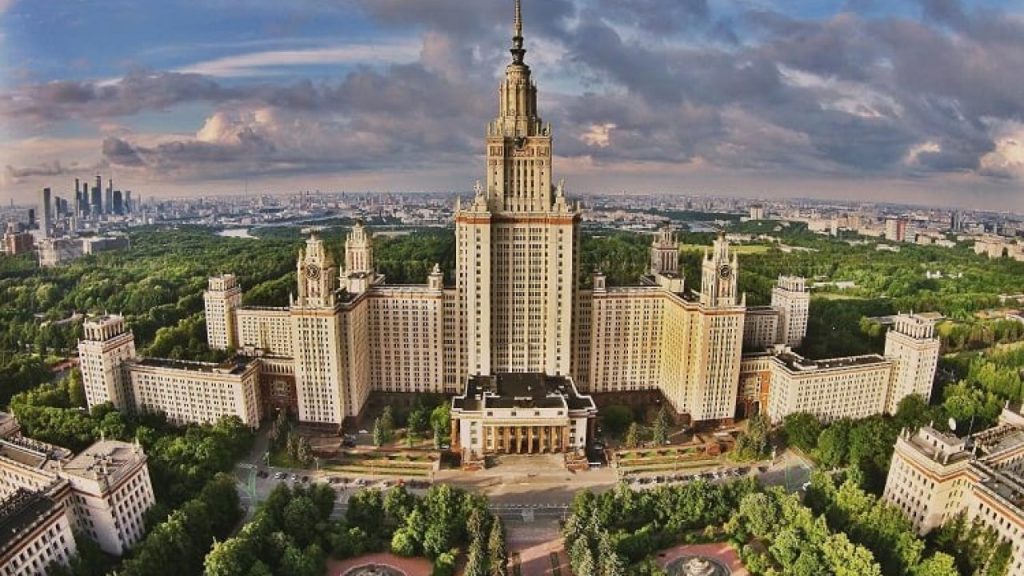Moscow State University unveils powerful supercomputer for AI research
Details about the supercomputer are limited, but it has a network capacity of 200 Gbps and a storage network with similar performance. The supercomputer will be used for AI and big data research, information security problem-solving, and software development. T

Moscow State University (MSU) has unveiled its latest supercomputer, the MSU-270, with computational power of 400 ‘AI’ petaflops. The new system will join forces with MSU’s existing Lomonosov-2 supercomputer to form a unified high-performance computing (HPC) cluster. Specific details about the MSU-270 are limited, but MSU disclosed that the network capacity is capable of reaching 200 Gbps, while the storage network performance is said to be “similar.”
Upgraded power supply, cooling, and communications systems are part of the supercomputing complex. The MSU-270 architecture leverages graphics processors, drawing inspiration from successful supercomputer projects worldwide. Driven by its scientific program focusing on AI and big data research, MSU aims to develop new AI methods and tools, address information security challenges, and create software tailored for AI systems.
Why does it matter?
This funding is part of the Russian government’s broader policy initiatives to achieve global competitiveness in advanced technologies. Recently, they have allocated funds to support AI research, primarily focusing on optimising machine learning algorithms and developing large language models.
About the University – MSU has a prestigious history in computer technology, establishing Russia’s first university computer centre in the 1950s. With the new AI system, MSU would like to remain competitive globally in supercomputing and AI research.
